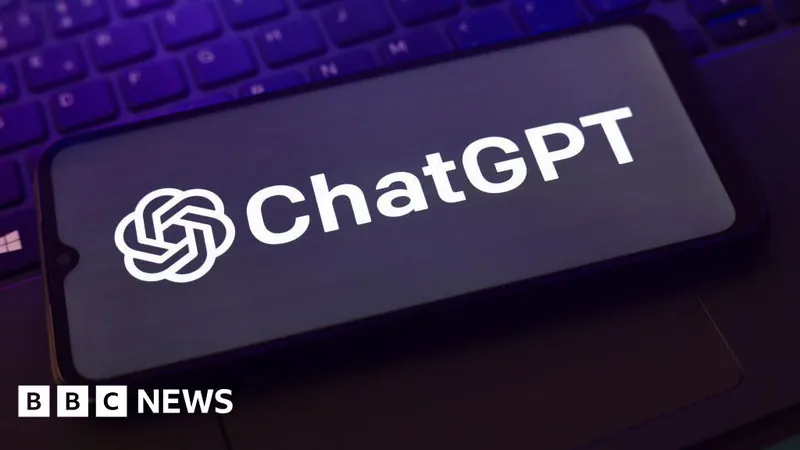
Canadian Media Giants Take Bold Stand Against OpenAI in Groundbreaking Lawsuit
2024-11-30
Author: Olivia
Canadian Media Giants Take Bold Stand Against OpenAI in Groundbreaking Lawsuit
In a historic move, a coalition of Canada's prominent news outlets has initiated legal action against OpenAI, the company behind the widely-used artificial intelligence chatbot, ChatGPT. The lawsuit alleges that OpenAI has illegally utilized their news articles to enhance its software training, thus infringing upon copyright regulations.
The coalition, which brings together heavyweights such as the Toronto Star, Metroland Media, Postmedia, The Globe and Mail, The Canadian Press, and CBC, asserts that this lawsuit marks a pivotal moment in defending journalism within the digital age. In a unified statement, they emphasized, “Journalism is in the public interest. OpenAI using other companies' journalism for their own commercial gain is not. It’s illegal.”
OpenAI has responded to the allegations, claiming that its model training relies on publicly available data and operates under principles of fair use and international copyright law. Additionally, they assert that they maintain collaborative relationships with news publishers, allowing them to display, attribute, and link to their content within ChatGPT, as well as providing options for publishers to opt-out if they wish.
The lawsuit's 84-page filing highlights severe concerns, asserting that OpenAI regularly flouts copyright protections, including paywalls and copyright disclaimers, by scraping extensive content from Canadian media outlets to develop products like ChatGPT.
The coalition is demanding significant punitive damages of C$20,000 (approximately $14,300 or £11,000) for each article they claim was unlawfully used for training, a sum that, if awarded, could escalate into billions of dollars. Furthermore, they are seeking a court order that would require OpenAI to disclose any profits gained from the use of their content and to prevent future usage without permission.
This Canadian lawsuit is not the first of its kind. It mirrors a similar legal action in the United States, where the New York Times and other publishers also accused OpenAI of infringement last year. Adding to the stakes, the Times has alleged that OpenAI attempted to erase crucial evidence needed for their trial.
Moreover, the Authors Guild, along with notable writers including John Grisham, has raised similar copyright infringement claims against OpenAI, highlighting a growing concern within the literary and journalistic communities regarding AI firms’ practices.
In a separate but notable development, the Wall Street Journal recently reported that OpenAI has reached a staggering valuation of approximately C$219 billion following its latest fundraising efforts. As the debate intensifies over the boundaries of copyright law and the ethical use of content in AI training, the outcome of this landmark lawsuit could have far-reaching implications for both media outlets and technology companies.
As this situation unfolds, all eyes are on the courts to see how they will navigate the intersection of innovation, copyright law, and the crucial role of journalism in society.

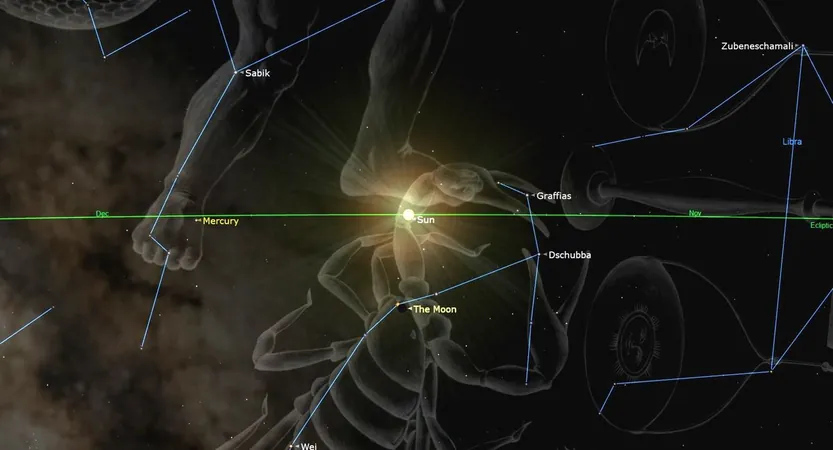
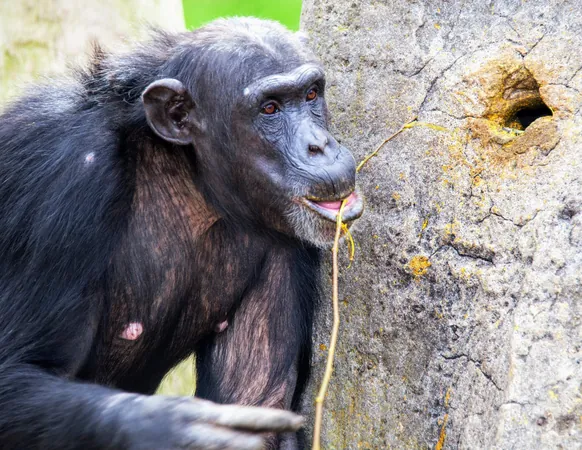

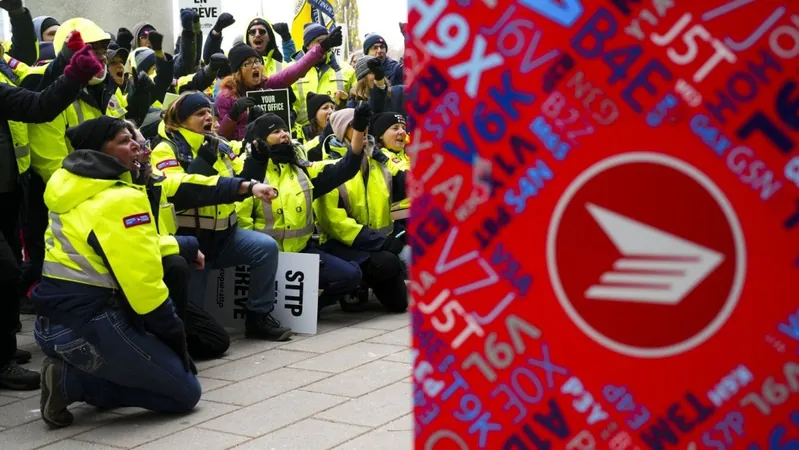


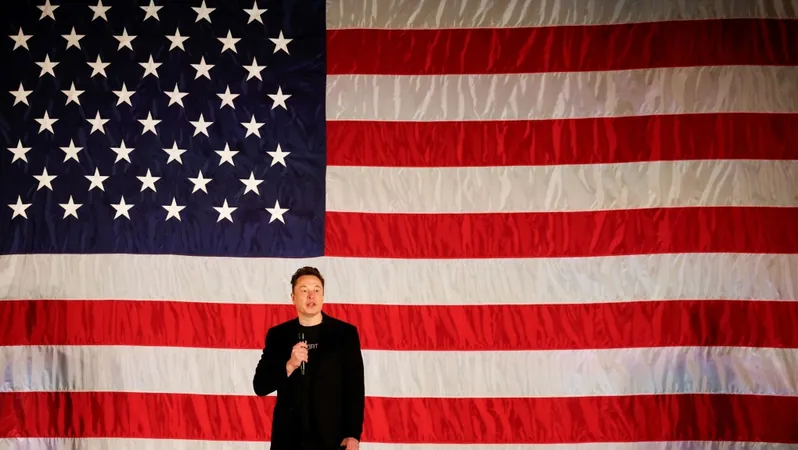

 Brasil (PT)
Brasil (PT)
 Canada (EN)
Canada (EN)
 Chile (ES)
Chile (ES)
 España (ES)
España (ES)
 France (FR)
France (FR)
 Hong Kong (EN)
Hong Kong (EN)
 Italia (IT)
Italia (IT)
 日本 (JA)
日本 (JA)
 Magyarország (HU)
Magyarország (HU)
 Norge (NO)
Norge (NO)
 Polska (PL)
Polska (PL)
 Schweiz (DE)
Schweiz (DE)
 Singapore (EN)
Singapore (EN)
 Sverige (SV)
Sverige (SV)
 Suomi (FI)
Suomi (FI)
 Türkiye (TR)
Türkiye (TR)